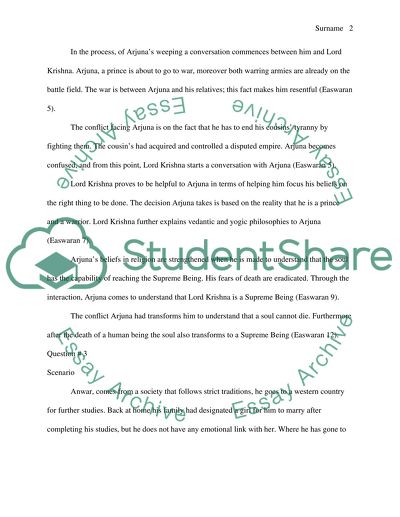Cite this document
(“The Hymn Night Essay Example | Topics and Well Written Essays - 750 words”, n.d.)
The Hymn Night Essay Example | Topics and Well Written Essays - 750 words. Retrieved from https://studentshare.org/literature/1435539-world-literature-lesson
The Hymn Night Essay Example | Topics and Well Written Essays - 750 words. Retrieved from https://studentshare.org/literature/1435539-world-literature-lesson
(The Hymn Night Essay Example | Topics and Well Written Essays - 750 Words)
The Hymn Night Essay Example | Topics and Well Written Essays - 750 Words. https://studentshare.org/literature/1435539-world-literature-lesson.
The Hymn Night Essay Example | Topics and Well Written Essays - 750 Words. https://studentshare.org/literature/1435539-world-literature-lesson.
“The Hymn Night Essay Example | Topics and Well Written Essays - 750 Words”, n.d. https://studentshare.org/literature/1435539-world-literature-lesson.


